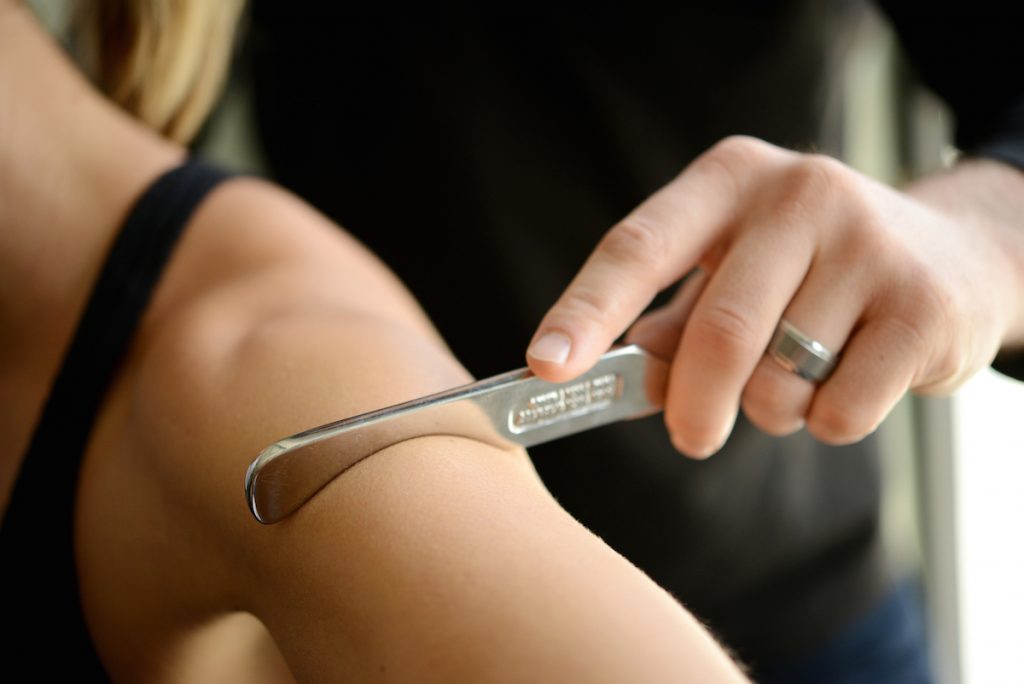Written By: James Hayes
Chiropractor
What is IASTM?
Instrument assisted soft tissue mobilisation (IASTM) is basically a range of different tools used by a physiotherapist or chiropractor to efficiently detect areas of soft tissue adhesions and/or chronic inflammation. Once identified the therapist will be able to use these tools to flush out inflammation and break down scar tissue and facial restrictions. These adhesions in the soft tissue are usually a result of injury, surgery, immobilisation or repetitive muscular strain. The IASTM tools stimulate the healing response for a faster and more functional recovery.
How do they work?
IASTM is a modern technique however it is said to be an evolution of Gua Sha; a form of Traditional Chinese Medicine. The Gua Sha technique adopts the same philosophy of traditional acupuncture where it is applied to the body’s meridians to move bad chi out of the body. However IASTM is used to specifically treat disorders of the musculoskeletal system.
There are many forms of IASTM instruments that are ergonomically designed to be confortable for the patient and the treating practitioner. As mentioned earlier they are used to break down scar tissue and facial restrictions within muscles due to the introduction of “controlled microtrauma”.
This microtrauma initiates reabsorption of fibrous tissue and excessive scar tissue, setting off a cascade of healing mechanisms leading to remodelling and proper healing to the soft tissues.
Your therapist will combine IASTM with other treatment modalities such as chiropractic adjustments, joint mobilisation and home rehabilitative exercises to correct poor movement patterns and biomechanics.
When to use IASTM:
- Reduced range of motion
- Muscle tightness and pain
- Pain during joint motion
- Motor control issues
- Problems with muscle recruitment
Conditions treated using IASTM at Dee Why Chiropractic Care:
- Tennis Elbow
- Golfers Elbow
- Plantar Fascitis
- Rotator cuff tendinitis
- Neck Pain
- Low Back Pain
- Muscular trigger points
- Hamstring and calf tightness
- Carpal Tunnel Syndrome
- Patellar Tendonitis
- ITB Sydnrome
- Chronic bursitis
- Acute ankle sprains
- Muscle strains and tears
- Ligament Sprains
- Hip Pain
- Hand Pain
- Poor Flexibility
When you initially look at this tool they appear to be quite brutal, however in actual fact they are quite comfortable and some of my patients can’t tell the difference between the feel of a therapists hands and an IASTM tool. If you are suffering from any of the above conditions or believe IASTM can benefit you contact us today!

